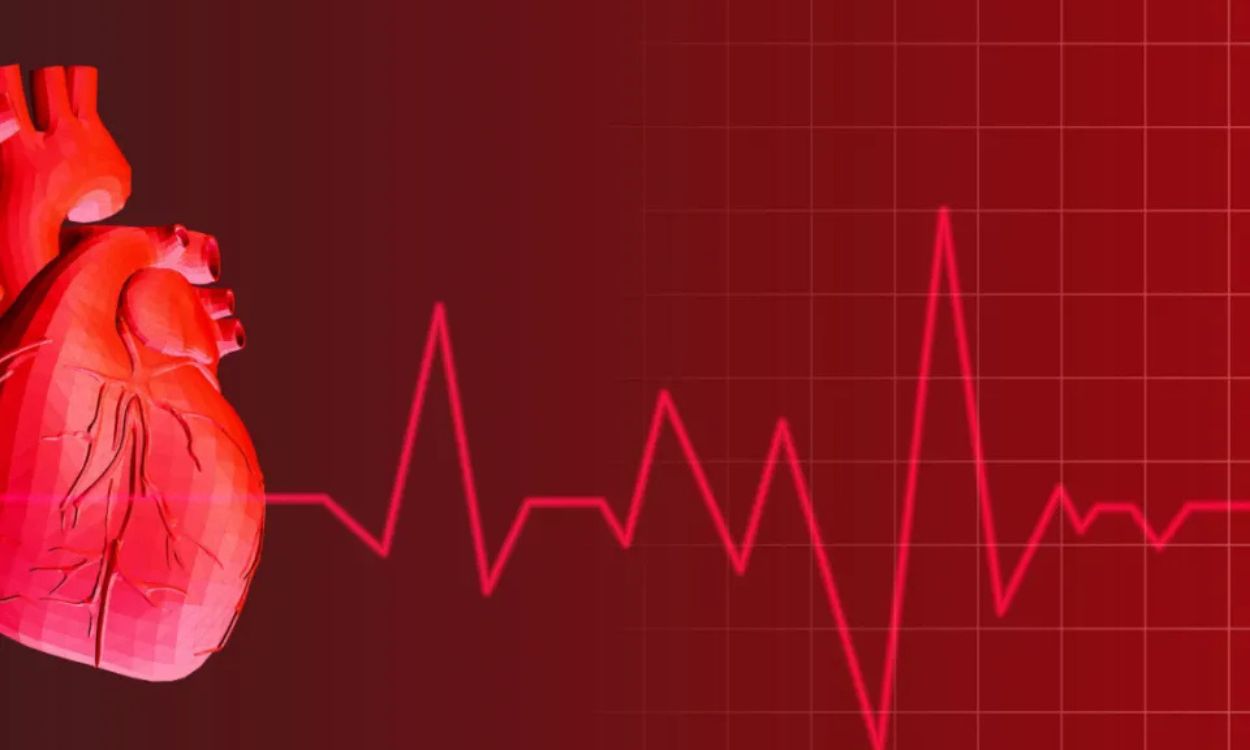Breathing Danger: How Air Pollution Impacts Heart Rhythm Abnormalities and Your Path to a Healthier Life
Understanding the Hidden Threat
The Invisible Menace: Air Pollution
In recent years, air pollution has become one of the most pressing environmental health challenges, particularly in densely populated regions like India. The microscopic pollutants that we inhale daily, such as particulate matter (PM2.5 and PM10), nitrogen dioxide (NO2), and sulfur dioxide (SO2), can penetrate deep into our cardiovascular system, wreaking havoc on our heart health.
Heart Rhythm Abnormalities: A Silent Epidemic
Heart rhythm abnormalities, or arrhythmias, occur when the electrical impulses that coordinate heartbeats don’t function properly. This can lead to heartbeats that are too fast, too slow, or irregular. The link between air pollution and arrhythmias is becoming increasingly evident, with research suggesting that pollutants may directly affect the heart’s electrical system.
The Mechanisms at Play
1. Inflammation and Oxidative Stress: Airborne pollutants can trigger inflammatory responses and oxidative stress in the cardiovascular system. This stress can disrupt the balance of electrolytes and the activity of ion channels in the heart, leading to arrhythmias.
2. Autonomic Nervous System Imbalance: Pollution exposure can impact the autonomic nervous system, which controls heart rate and rhythm. An imbalance in this system can increase the risk of arrhythmias.
3. Direct Cardiac Effects: Studies have shown that fine particulate matter can enter the bloodstream, directly affecting the heart’s electrical conduction system, potentially leading to arrhythmias.
Who is at Risk?
Certain populations are more vulnerable to these effects, including the elderly, individuals with pre-existing heart conditions, and those living in urban areas with high pollution levels. In India, cities like Delhi, Mumbai, and Kolkata often report air quality indices (AQI) that exceed safe thresholds, putting millions at risk.
Symptoms to Watch For
Symptoms of heart rhythm abnormalities can vary, but common signs include palpitations, dizziness, shortness of breath, and fatigue. If you experience any of these symptoms, especially in high-pollution areas, it is crucial to seek medical advice.
Taking Control of Your Heart Health
Fitpaa: Your Partner in Health
At Fitpaa, we understand the complexities of maintaining heart health in today’s challenging environment. We offer a comprehensive solution to help you combat the effects of air pollution on your heart.
Why Choose Fitpaa?
1. Personalized Health Plans: Our AI-driven metabolism management technology tailors fitness and nutrition plans to your unique needs, helping you strengthen your cardiovascular system.
2. Expert Guidance: With a team of fitness planners, nutritionists, and doctors, Fitpaa provides continuous support and guidance to ensure you reach your health goals.
3. Real-Time Monitoring: Our app offers real-time guidance on activity and nutrition, helping you stay on track and motivated every day.
4. Proven Results: With our evidence-based approach, we guarantee results. Our commitment is to improve your health, not just provide a service.
A Healthier Future Awaits
Join thousands of Fitpaa users who have taken charge of their health and experienced transformative results. Our mission is to create a world where everyone can live free from the pain of preventable diseases. By downloading the Fitpaa app, you’re not just investing in a fitness plan—you’re investing in a healthier, happier future.
Take the First Step Today
Don’t let air pollution dictate your heart health. Download the Fitpaa app now and embark on your journey to a healthier life. Together, we can overcome the challenges of modern living and ensure you thrive in every aspect of life. Your well-being is our mission, and with Fitpaa, nothing is impossible.









